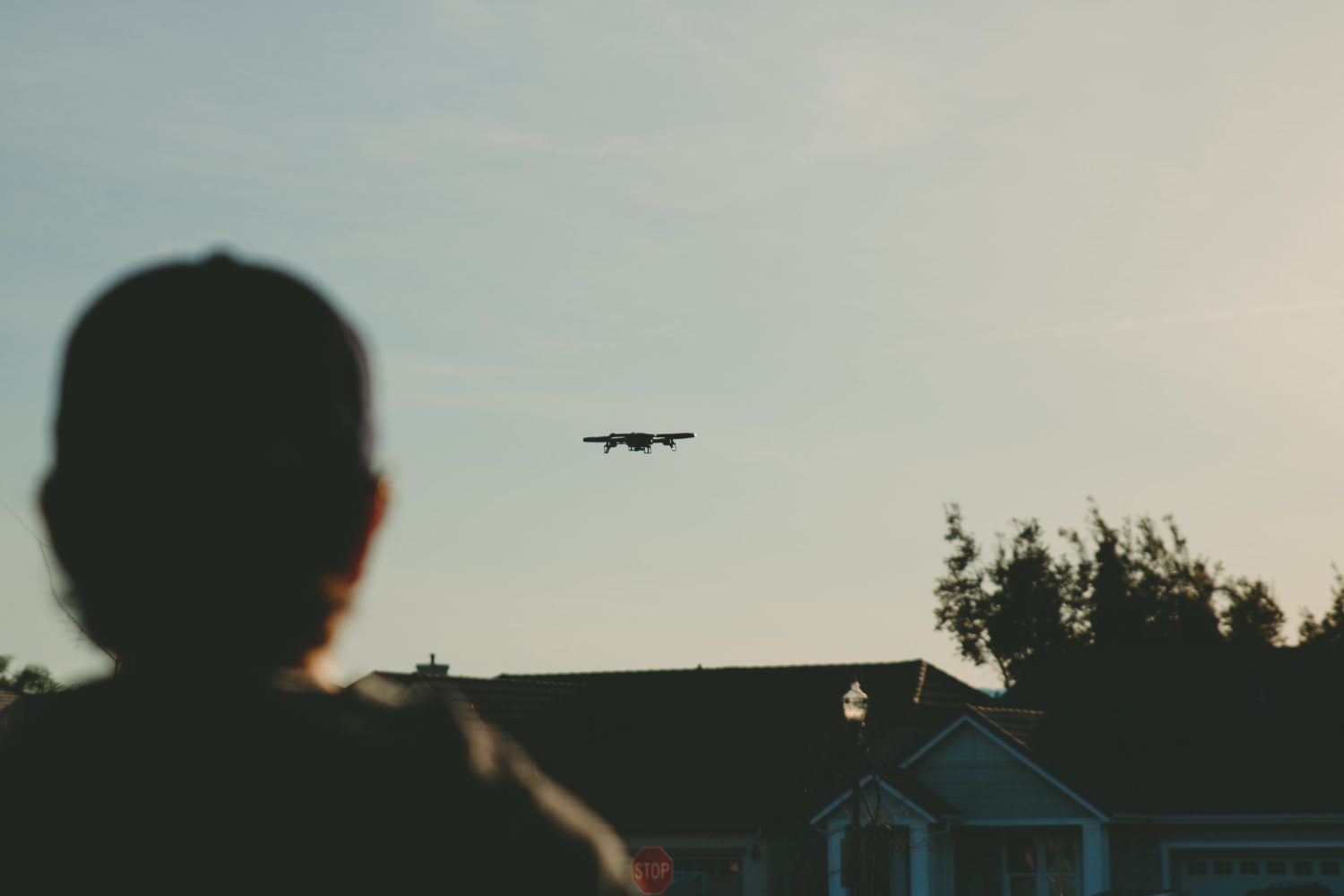
Legislators in West Virginia are moving to ease laws restricting the use of drones, with the aim of attracting what is currently limited UAV business creation and investment in the state.
This week, the West Virginia state Senate unanimously passed Bill 5, which seeks to alter existing restrictions that have considerably throttled the use of drones. Central to that effort is establishing a balance between standing legislation focused on protecting the privacy of people and companies from camera-equipped UAVs flying over their property, and the ability of pilots to operate in airspaces otherwise allowed by Federal Aviation Administration (FAA) regulations.
In addition to prohibiting UAVs use to stalk or attack people – or in hunting – current law screws the lid rather tightly on when drone use becomes illegal. It is prohibited in West Virginia, for example, “to knowingly and intentionally capture or take photographs, images, video, or audio of another person or the private property of another, including private business owners and industrial facilities, without the other person’s permission… in a manner that would invade the individual’s reasonable expectation of privacy.”
Because those strictures cover anyone merely falling within the frame of overflight footage, or someone feeling spied upon by the mere presence of a drone, the law has tended to discourage both hobbyist and enterprise drone operation in West Virginia.
The upshot, according to a ranking by George Mason University’s the Mercatus Center, is West Virginia ranking 41st among all states in preparedness to adapt to new aerial activity, and the economic opportunities it holds.
Aware of that, the state’s legislators are preparing final adoption of Bill 5 to create some flexibility – and inject a tad of ambiguity – into laws that, de facto, go further than FAA regulations.
Under it, drone flight in West Virginia is specified as legal “unless at an altitude low enough to interfere with owners’ or occupants’ use of property.” Flights must also avoid being “dangerous or damaging to persons or property lawfully on the land.”
“Low enough” is still an additional flourish to FAA rules that prevail in all US states. But the qualification is probably sufficiently vague to protect the vast majority of people and businesses deploying drones for reasons other than Peeping Tomism from being attacked in court.
Sponsor of Bill 5, West Virginia Republican Senator Chandler Swope, said its passage will more realistically balance personal privacy concerns with increased drone use authorities now want to encourage. Doing so, Swope noted, is a vital step in the state getting in on a lot of the UAV uses and lucrative development and business activities currently passing it by.
“It will be positive because we don’t have a significant portion of this industry in the state now,” Swope said. “When they’re talking about billions of dollars a year, we don’t have to get a very large portion of that to make some significant job growth.”
Photo: Caleb Woods/Unsplash
FTC: We use income earning auto affiliate links. More.
Comments